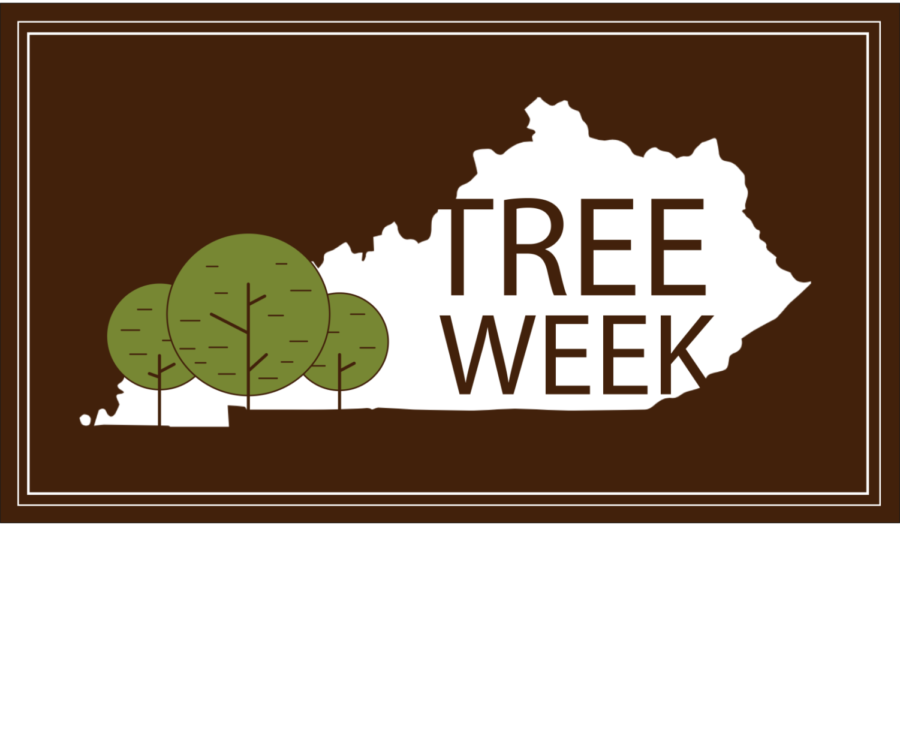Trees, drought, and why you should attend tree week
October 8, 2019
As a self-professed “lizard-human,” fond of basking in the sun and sneakily turning up the air-con behind my roommates’ backs, I thoroughly enjoyed last month’s abnormally hot, dry weather.
Lexington trees, however, did not. During a drought, in an effort to conserve water, leaves keep their stomates closed for longer, ceasing to uptake the carbon dioxide required for photosynthesis. If drought conditions continue long enough, the trees can face decreased immunity to pests, decreased growth rates, and possibly death.
Drought is just one of the many obstacles for urban trees, and I think that Lexington’s “Tree Week,” from October 12th-19th, has come at the perfect time to start conversations on the health of our trees and why they’re important, all in the context of having fun and connecting with nature.
No matter your interests, tree week has an event you’ll enjoy.
For the artsy among us, events include tree-based crafts, DIY projects, art workshops, chlorophyll painting, a photography gallery hop, and a music jam.
For the gardeners and citizen scientists, there are tree identification events, “nut trees for homeowners,” and multiple tree plantings.
For the Zen (or wannabe-Zen, as is my case), there is tree yoga and mindfulness photography.
For the walkers, hikers and adventurers, there are multiple tree walks (including Lexington Cemetery, campus, an “oak walk” and “bird walk”), a bike tour of Lexington trees, and even a tree climbing championship.
The astute observer may notice that few of these events have much to do with directly helping trees, beyond the tree planting and tree care workshops. That raises the question of why we should attend; after all, it’s a busy week leading up to midterms and Lexington is saturated with fun, non-tree events as it is.
To me, the value in tree week is about reconnecting us to nature and instilling curiosity and appreciation. It’s evident that people will go out of their way to care more for something when they see its value, and tree week is a wonderful educational tool that also improves people’s quality of life by showing them the gems within their own backyards.
I think that, with so many distractions around us all the time, the majority of Lexingtonians give little thought to tree health. If it weren’t for my forest ecology class this semester, I wouldn’t be aware of many ways that trees need better care (and I could enjoy the hot weather without the guilt I feel every time I look at a tree). Knowing more means a responsibility to care more, which can turn many away, but I’ve learned that the pay-off from caring for our trees is not only worth the increased effort, it’s imperative to humanities’ long-term survival.
There are myriad reasons why we should care about our urban trees. These include, among many others, reducing temperatures in “urban heat islands,” reducing soil erosion, combating climate change by up-taking CO2, and sustaining the lives of other creatures (and giving the UK Squirrel Watching Club something to do).
According to Florence Williams, who visited UK last year to promote her book The Nature Fix, “access to nature is more than a luxury. It’s fundamental to human well-being.” She goes on to explain that Japan offers stress-reduction forest bathing classes, and people who spend more time in nature experience decreased heart rate, blood pressure and cortisol levels. These negatives are replaced with boosted immunity, mood and creativity.
Tree week is a wonderful way to look after ourselves through recreation in nature, while also providing education and putting trees more on people’s radars. If you want to learn more, google UFI Tree Week for a schedule of events.



























































































































































